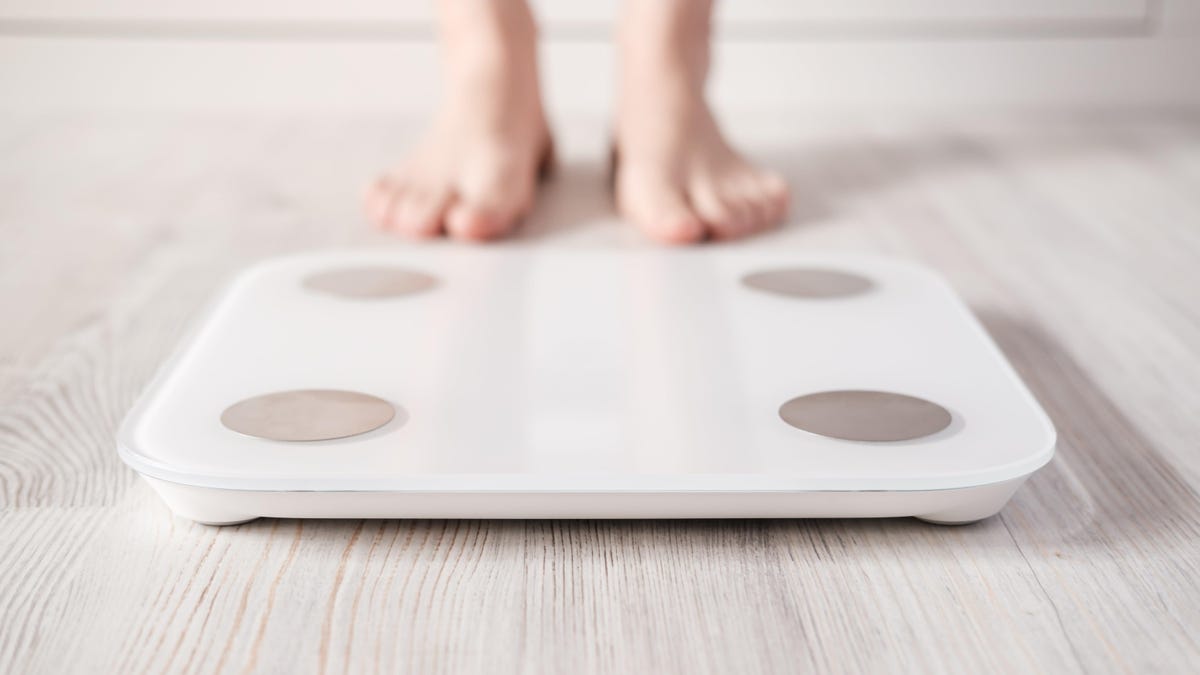
The biggest is just the number of guesses the formula has to make about your body to get from “this is a 5'6" human with a foot-to-foot resistance value of X†to “your body is 32% fat,†much less estimating the amount of bone or dry muscle tissue.
Some people say they like to watch their body fat (or muscle mass) change over time, and that it goes in the direction they’d expect.My Withings smart scale has never showed any meaningful change in these numbers for me, even when I know my body composition has changed.
If you put your height into the app, and assuming the scale is accurate enough at determining your weight, measurements of your BMI should be correct, since BMI is just the relationship between your height and weight.Measures of muscle, fat, bone, and body water are usually just tweaks on the body fat formula calculated by BIA; for example, lean body mass is your total weight minus body fat.Some scales measure heart rate, which you can check yourself; just count the beats of your pulse while watching a clock, and see if it matches the number from your scale.Look carefully at the other numbers your scale claims to report, and you’ll probably see that they are calculated from data you put in your profile in the app, often in conjunction with your weight or other scale data.But I wouldn’t use the numbers from a smart scale (except for weight) to make any decisions about what to eat or how to train
